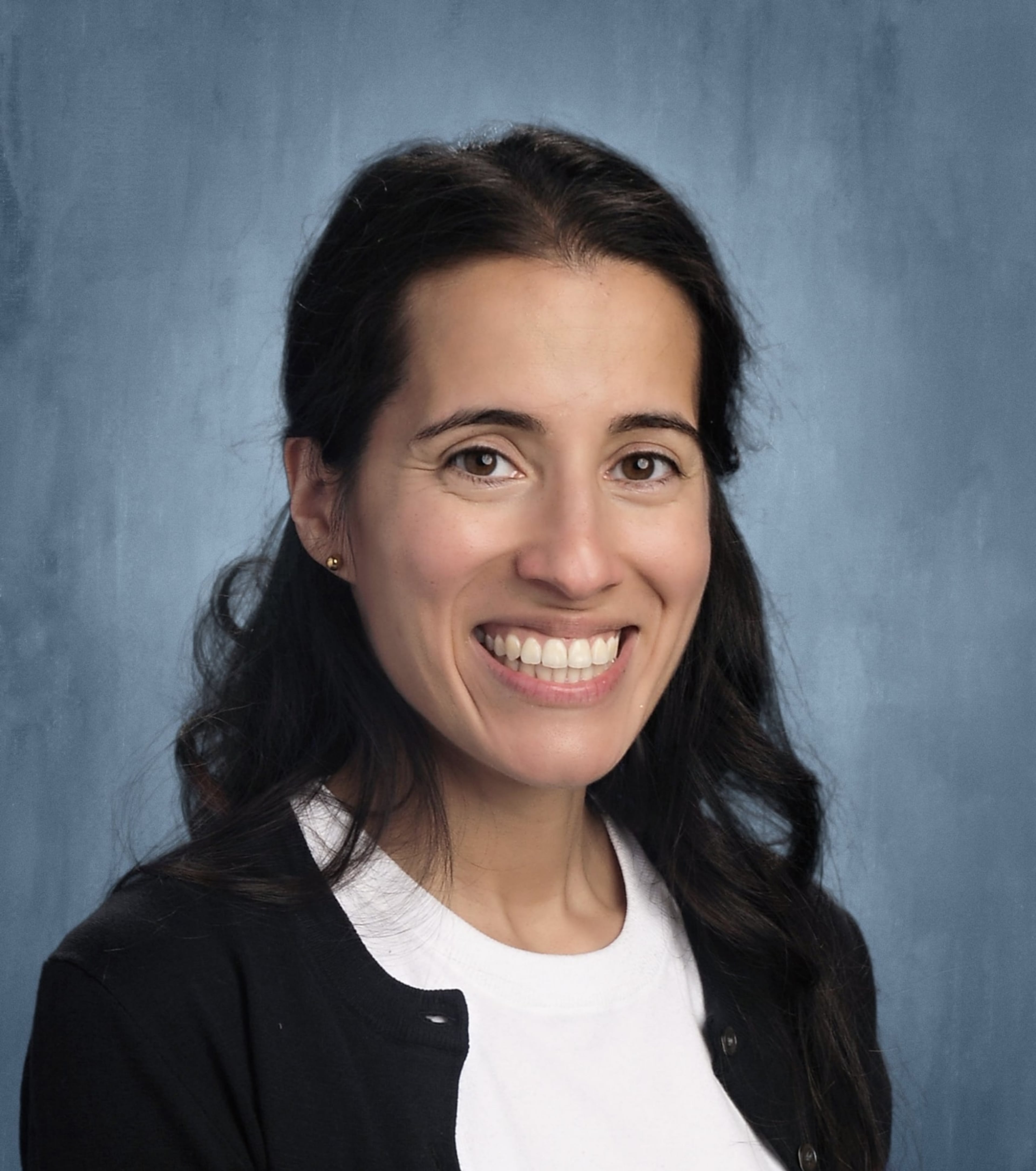Democrats need a ‘Children’s Platform’
Democrats are revitalized with Vice President Kamala Harris and Minnesota Gov. Tim Walz at the top of the ticket. Their task now is to coalesce that energy into a vision inspiring a broader swath of Americans at the Democratic National Convention this week. A “Children’s Platform” would animate new coalitions and start a different dialogue — and turn the focus to the future, instead of a politics mired in the past.
We look at the candidacies of Harris and Walz through the lens of our own children, two young girls. Both are half-Indian, like Harris. We can’t help but think of what it would mean for so many little girls across the nation to see her inaugurated as the first female president. And for a teacher and a coach to be her second-in-command.


A Children’s Platform would leverage those identities to connect us, rather than divide us. Though so many have given up on politics, resigned to the dysfunction and gridlock, that choice is not available to children. There is a direct line from our politics to their tenuous mental health and their life expectancy. And perhaps traversing that path illuminates a way out of the darkness of our disconnection and polarization.
A first step on that path would focus on early childhood. An advanced economy should not force families to choose between work and nurturing their child. Paid family leave, affordable child care and universal preschool — all of which Harris strongly supports — would set an entire generation on a different trajectory. As it stands, ours may be the first generation of Americans for whom less than half our kids will earn more income than their parents.
The coronavirus pandemic, for everything it tore apart through grief and loss, also showed us how false barriers to progress melt away in the heat of a crisis. Child poverty dropped by half. We approached universal health insurance for kids. And homelessness among youth, who are the age group most likely to experience eviction in the United States, plunged during the pandemic.
A Children’s Platform would build on this progress, making bold commitments to slash child poverty and homelessness and to implement a health care guarantee for kids. More innovative programs like “baby bonds” — publicly funded investment accounts for newborns — would help break generational cycles of poverty primarily affecting Black and brown kids.
In the absence of resolute national leadership, states and cities have been the vanguard for these approaches. Walz led Minnesota to pass the most potent child tax credit in the nation for low-income households. Connecticut became the first state to fund and implement baby bonds last year, enrolling more than 15,000 infants in the first year. The cities of Flint, Michigan, and Philadelphia are aiming even more directly at reducing child poverty through guaranteed-income programs for pregnant mothers.
Harris and Walz announced their support for an expanded federal child tax credit last week. Yet such policy proposals remain more of a patchwork than a platform, offering an opportunity for their campaign to weave a greater story.
Democrats have ceded ground to Republicans who claim the mantle as the party of children and families. “Parents’ rights” related to school curricula, the framing of anti-abortion policies as “pro-life” and the invocation of “family values” are all examples of how conservatives couch themselves as champions of children. The language is reminiscent of how Republicans have captured the quintessential American value of “freedom” and successfully associated it more with their policies than those of Democrats.
But the point is actually to transcend these partisan ruts by reshuffling traditional political identities in ways that forge new conversations. Is there a more powerful identity than that of a parent, grandparent or caregiver? The stories told through a Children’s Platform would be rooted in those identities, and policies would be reframed by leading with their effects on children.
Every spasm of gun violence in our country must be met not with thoughts and prayers, but with an invocation of guns’ effects on children, since firearm-related injuries are now the leading cause of death for American children. Climate policy debates would open with how air pollution causes asthma attacks and why record heat means less time playing outdoors.
Last summer, on the day our second daughter was born, smoke blanketed the skies above American cities and the Supreme Court struck down affirmative action. Such moments remind us that any national narrative must help us make meaning out of our often bewildering lives. “America First” does this for many of our countrymen, telling us the story that we need to turn inward to solve our problems, often eliding non-interventionism abroad with xenophobia and white supremacy at home.
Could “Children First” displace the prevailing narratives? Only if we can knit into our national psyche the notion that we are a country that loves our children, in the sense that Mr. Rogers taught us: “Love isn’t a state of perfect caring. It is an active noun like struggle.” The bipartisan advocacy group First Focus on Children argues this love is already latent within us, with large majorities of voters supporting a “best interests of the child standard that makes the safety and the protection of children the first priority.” Now a new crop of elected leaders could galvanize us by giving voice to this story.
Melissa D. Aguirre has been an educator in New York City public schools for more than a decade. She is an assistant principal at Robert Van Wyck Junior High School in Queens. Dave A. Chokshi is a physician at Bellevue Hospital and Sternberg Family Professor of Leadership at the City College of New York. Previously, he served as New York City’s health commissioner.


